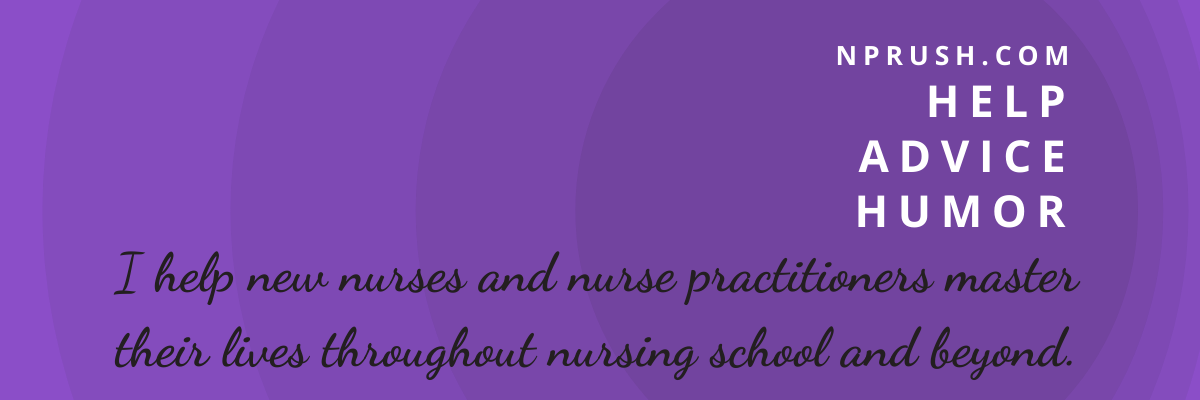Worried about getting enough zinc in your diet?
Maybe you should be.
Without zinc humans would be unable to perform over 300 metabolic functions within the body.
Zinc: Essential for Life
Zinc is a trace mineral that is essential to all forms of life; it is found in every tissue and organ in the human body. It can be found naturally in some foods, is added to other foods, and is in some over-the-counter cold medicines.
Zinc plays a role in protein synthesis, cell-mediated immunity, wound healing, DNA synthesis, and cell division.
The body has no way to store zinc, so it’s important that we consume the proper amounts.
Zinc Deficiency
As far back as 1991 the link between severe zinc deficiencies and impaired immune function has been discussed.
Zinc deficiency can impair multiple aspects of immune function including specific immune components such as lymphyocytes, monocytes, macrophages, neutrophils, and natural killer cells – the body’s front-line of defense against disease and sickness. Studies have shown that even mild to moderate zinc deficiency can impair the activity of machrophage, neutrophil, and natural killer cells, thus, depressing immune function.
Symptoms of Zinc Deficiency
Symptoms of zinc deficiency include:
- loss of appetite
- poor growth
- weight loss
- lack of taste or smell
- poor wound healing
- skin problems
- hair loss
- night blindness
- white spots on the fingernails
- lack of menstrual period
- depression
But since even a minor zinc deficit can disrupt the ability of the immune system to protect the body before symptoms surface, it can be hard to discover the lack. Blood tests can be used to measure zinc levels, however, only severe zinc deficiencies will show up in blood tests.

How Much Zinc and Where Do I Get It?
Zinc is an essential mineral, provided to the body through the foods we eat. But it can be supplemented; it is recommended that adults take 8mg daily for females and 11 mg daily for males.
Some common sources of zinc include:
- oysters
- beef
- fortified breakfast cereals
- beans
- pumpkin seeds
- yogurt
- cashews
- chickpeas
- chicken
- peas
- cheese
- almonds
To increase the amount of zinc in your diet you can soak beans, grains, or seeds in water for several hours prior to cooking them. Sprouting allows for increased bioavailability of zinc.
Antioxidants
Zinc is a great antioxidant. However, keep in mind that it is not the only antioxidant.
Whole foods contain hundreds of kind of antioxidants. Just to name a few, there are vitamins C and E, carotene, lycopene, and lutein. Vitamin A is an antioxidant but it has several hundred forms itself with antioxidant benefits.
The minerals copper, manganese, selenium and, of course, zinc are active antioxidants.
For the best antioxidant protection, don’t focus on one food source as an antioxidant resource.
Eating a variety of whole foods, fruits, and vegetables is the best way to have a healthy, well-balanced diet.
Empowering your immune system with this unlikely antioxidant is really nothing to worry about after all.
Here’s to your health!
Cheers!





